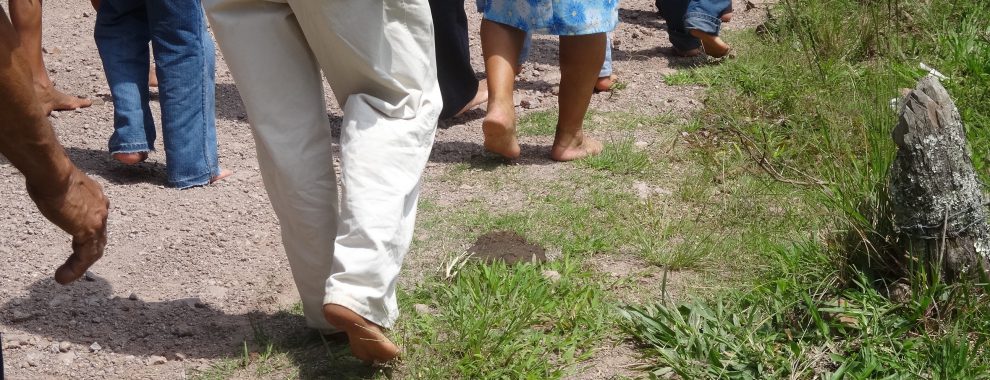I have told you this
so that my own joy may be in you
and that your joy may be complete.
John 15, 11
There’s a proverb, “Joy is the most infallible sign of the presence of God,” that reflects the spirituality of St. Philip Neri, the priest founder of the Congregation of the Oratory, who died on May 26, 1595.
Philip was a practical joker, given to buffoonery. One day he went to visit a rich widow who sought his advice with only one half of his face shaved. He walked through Rome carrying bouquets of flowers and even danced before a group of Cardinals while singing comic verses.
But he was also a major force in the evangelization of Rome, in times when the Papacy and the city had fallen into corruption and loose morals.
This incredible joker once said:
“Perfection does not consists in such outward things as shedding tears and the like, but in true and solid virtues, Tears are not a sign that a man is in the grace of God, neither must we infer that one who weeps when he speaks of holy and devout things necessarily lives a holy life. Cheerfulness strengthens the heart and makes us persevere in a good life; therefore the servant of God ought always to be in good spirits. When a man is freed from a temptation or any other distress, let him take great care to show fitting gratitude to God for the benefit he has received.”
This spirit can also be found in the works of the twentieth century theologian Karl Rahner:
“Not everyone has a sense of humor. That calls for an altruistic detachment from oneself and a mysterious sympathy with others which is felt even before they open their mouths. . . . A good laugh is a sign of love; it may be said to give us a glimpse of, or a first lesson in, the love that God bears for every one of us. . . . God laughs, says the Bible. When the last piece of human folly makes the last burst of human laughter ring out crisp and clear in a doomed world, is it too much to imagine that this laugh will resemble that of God . . . and seem to convey that, in spite of everything, all’s well?”
So today laugh, even in the face of the evil and injustice of our world. It will only confuse the oppressors and delight God.




